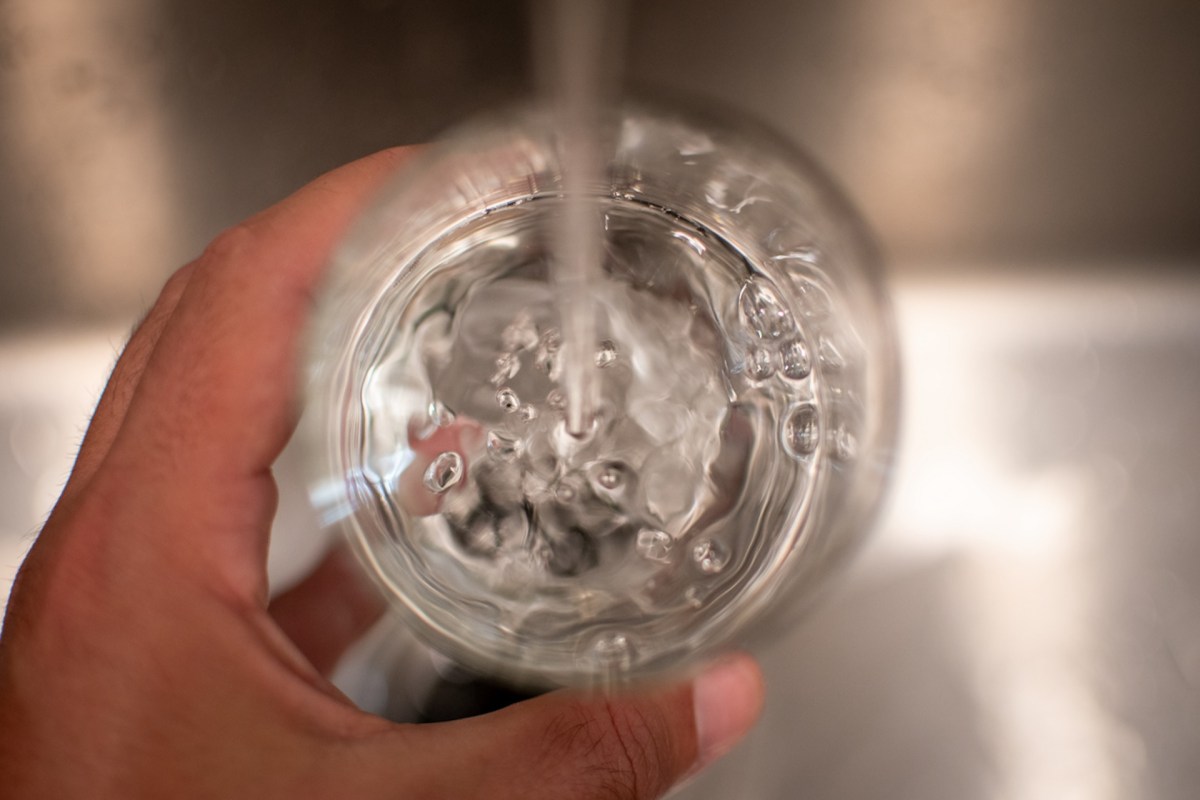Scientists discovered a gobsmackingly simple way to remove almost 90% of microplastics from water: Just boil it.
There's a bit more to it than that, so don't go boiling your water thinking that alone will cure all plastic ails, but that's the key finding from a promising study published in Environmental Science & Technology Letters.
The study showed boiling and then, crucially, filtering water as a dual process got rid of "up to nearly 90 percent of the tiny plastic particles, which [the authors] write can be found in 129 of 159 tap water samples from 14 countries worldwide," The Washington Post reported.
Microplastics are pieces of plastic less than five millimeters long — the size of a pencil eraser — and are often much smaller. They come from larger plastics that degrade but don't break down and have been found high on Mount Everest, in the depths of the ocean, and in Antarctica.
The potential harm of microplastics in drinking water is supposedly unknown, though researchers have found that the pollutants can break the blood-brain barrier in mice and cause dementia-like behavior.
One main concern to date has been the ubiquity of microplastics in shellfish consumed by humans. The toxins have, however, caused allergic reactions and death in human cells in laboratory tests.
Researchers spiked tap water with polystyrene spheres and microplastics from a degraded polyethylene bag and polypropylene mask. They boiled the water for five minutes and cooled it for 10 minutes before taking samples.
"At high enough temperatures, calcium carbonate (which is commonly found in tap water) will become solid, effectively encapsulating or 'encrusting' the plastic particles, and making them easy to remove through a simple filter, such as a coffee filter," the Post reported.
The tactic worked especially well with hard water, and results showed 95%, 81%, and 90% effectiveness in removing polystyrene, polyethylene, and polypropylene. The scientists didn't exactly trumpet their discovery, saying they wanted to "stimulate more studies." Still, they noted that it's easy to boil water, and the practice also kills microbes, parasites, and viruses, per the Post.
This wasn't the first effort to tackle the microplastics-in-water problem. A sawdust-and-tannin filter removed 95.2-99.9% of microplastics, and plant extracts also provide effective treatment.
Another concept is a powder additive that can remove microplastics 1,000 times smaller than those detectable by wastewater treatment plants.
One observer was hopeful the study would mark a step toward a plastic-free future.
"Are we going to be able to go and vacuum up every piece of plastic that's on the Earth already now? No," said Chris Reddy, a senior scientist at the Woods Hole Oceanographic Institution. "But I do think that we can make meaningful, broad-scale change in how plastic is potentially impacting our present."
Join our free newsletter for weekly updates on the coolest innovations improving our lives and saving our planet.









